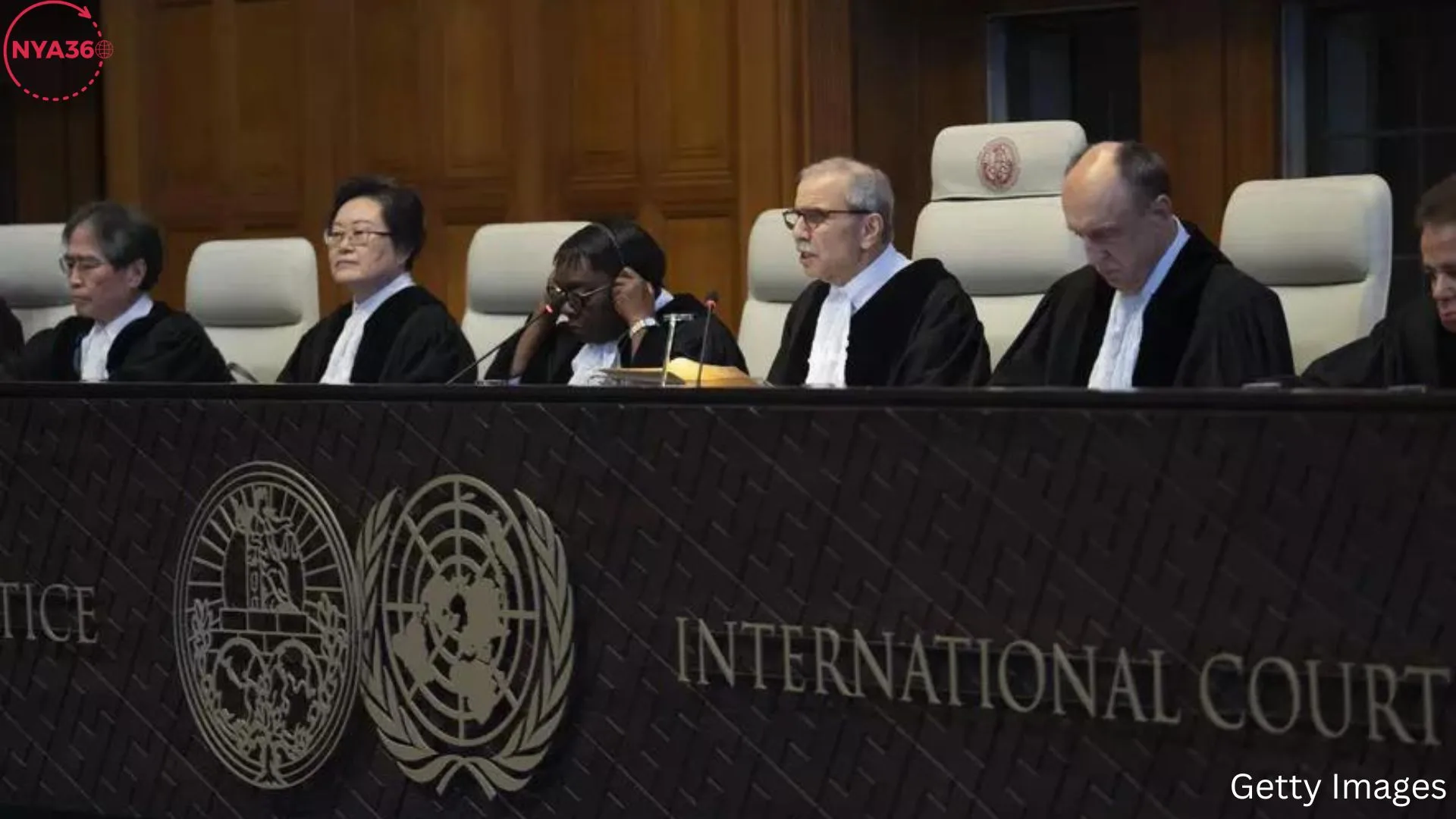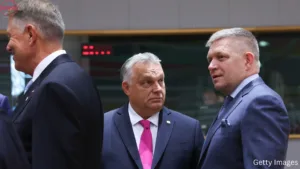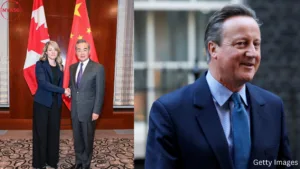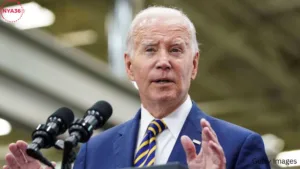The International Court of Justice (ICJ) has issued a significant and recent ruling, mandating Israel to cease its military activities in Rafah, Gaza, without delay. This decision, which is based on the Genocide Convention, orders Israel to cease any conduct that could potentially result in the physical annihilation of the Palestinian group in Gaza. The urgency of safeguarding Palestinian lives amid the ongoing humanitarian crisis in the region is underscored by this directive.
The Legal Context and the Function of the ICJ
The ICJ, also referred to as the World Court, serves as the United Nations’ principal judicial institution. It is tasked with the resolution of interstate legal disputes and the provision of advisory opinions on matters of international law. Compliance with the ICJ’s binding decisions is contingent upon international diplomatic pressure and the voluntary cooperation of states, as the organization lacks direct enforcement authority.
This decision was rendered in response to an urgent appeal from South Africa, which emphasized the critical humanitarian circumstances in Gaza. The appeal emphasized the critical nature of prompt intervention to avert additional acts of violence and possible mass atrocities against the Palestinian people. Recognizing the dangers civilians face in conflict zones, the ICJ’s ruling emphasizes the international community’s responsibility to safeguard human rights and prevent genocide.

Elucidating the Genocide Convention
The 1948 Genocide Convention defines genocide as any act with the deliberate intention of annihilating a national, ethnic, religious, or racial group, either entirely or partially. These activities consist of executing individuals affiliated with the group, inflicting severe damage, intentionally creating conditions that endanger lives, obstructing childbearing, and coercively relocating children.
The ICJ’s decision explicitly references these principles when it asserts that Israel’s military operations in Rafah have the potential to generate circumstances that endanger the Palestinian people’s physical existence. As a consequence, to comply with its international obligations as stipulated in the Genocide Convention, Israel must cease all of its operations.
The Gaza Strip Humanitarian Crisis
Gaza has been beset by a severe humanitarian-challenged period, characterized by movement restrictions, infrastructure devastation, restricted access to essentials, and recurring cycles of violence. Military operations have disproportionately affected Rafah, located in southern Gaza, causing significant civilian casualties and displacement.
The severe circumstances have been further worsened to an extent by the intensification of military operations, prompting pressing appeals for international intervention. Critical shortages of food, water, medical supplies, and electricity are reported by humanitarian organizations, which complicates efforts to provide aid. In light of these humanitarian concerns, the ICJ’s decision attempts to mitigate civilian suffering and avert additional casualties.
Consequences of the ICJ’s Resolution
Enforcement of the ICJ’s legally binding ruling continues to be a formidable task on account of the Court’s limited direct authority. The degree of adherence is contingent upon Israel’s dedication to upholding international law and the diplomatic sway wielded by other countries. This decision underscores the global significance of safeguarding human rights and averting genocide while enormously pressuring Israel diplomatically.

Furthermore, it is crucial to emphasize that the ICJ plays a significant role in addressing pressing humanitarian crises and upholding international legal norms to protect vulnerable communities. This incident serves as a profound reminder of the global dedication to the tenets outlined in the Genocide Convention, as well as the obligation of nation-states to preempt instances of widespread violence.
The Implications Moving Forward
The International Court of Justice’s ruling that Israel must cease its military operations in Rafah is a crucial measure in safeguarding the lives of Palestinians against the possibility of genocide. Nevertheless, the practical implications of this decision are still unknown, considering the ICJ’s restricted capacity for enforcement. The forthcoming days will be pivotal in determining how this ruling affects the ground situation and broader geopolitical dynamics.
This decision effectively communicates the unwavering commitment of the international community to confront humanitarian crises and maintain adherence to international legal standards. Additionally, it urges countries to engage in concerted action and apply diplomatic pressure to guarantee adherence to global human rights commitments.
The ICJ’s decision, in summary, signifies a substantial intervention in the Gaza humanitarian crisis. This highlights the critical nature of promptly terminating military operations that endanger civilian lives, as well as the international community’s steadfast dedication to averting genocide. The international community must unite to safeguard this ruling and maintain adherence to the tenets of the Genocide Convention.
Follow us on social media: Instagram, Threads & Twitter X @nya360_ YouTube & Facebook @nya360.





